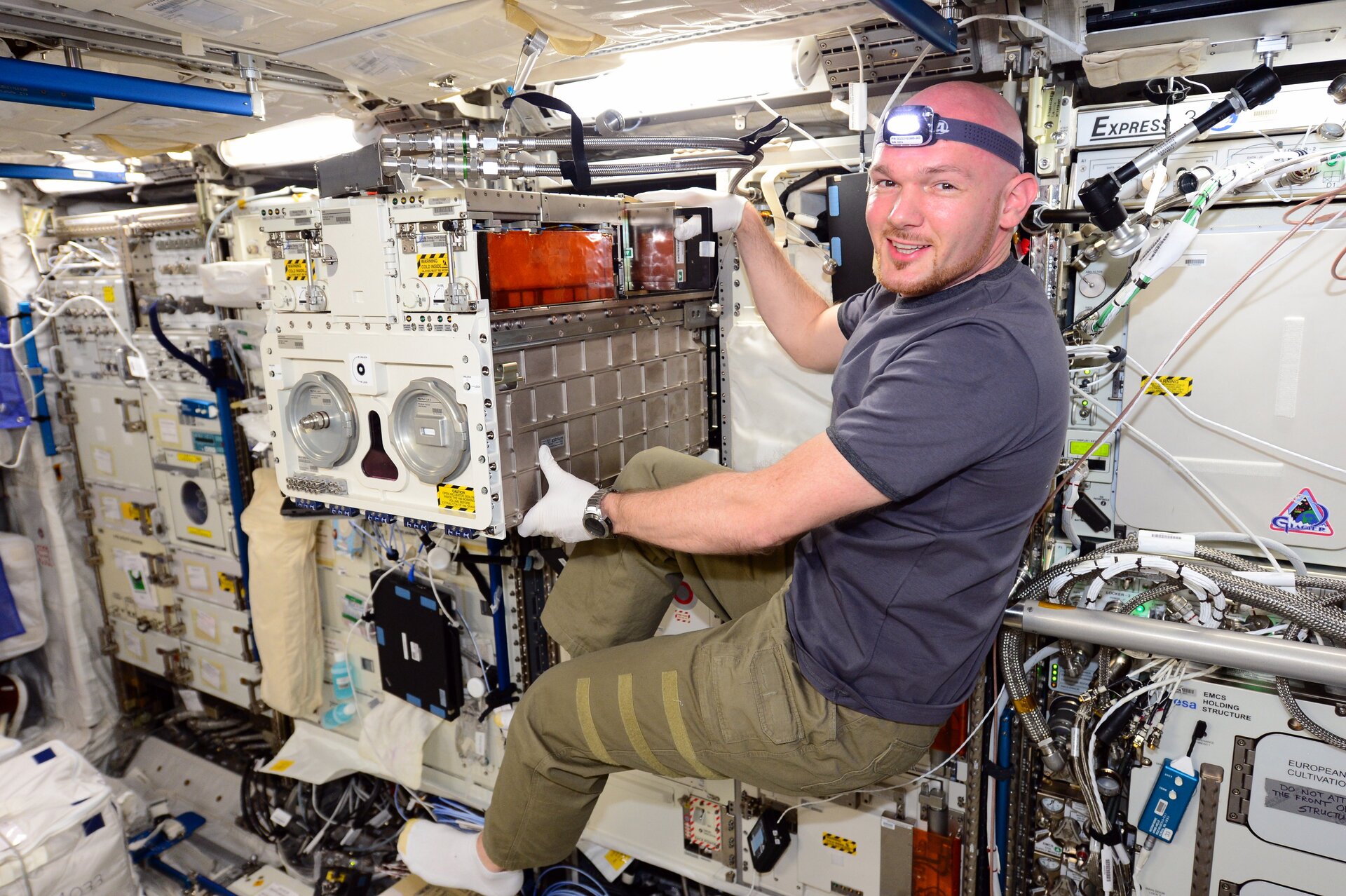Step forward in developing a miniature mass spectrometer
A swiss-army knife to test any molecule? GSTP's working on it!
There’s a standard instrument found in any research institute, university and pharmaceutical company around the world, capable of taking air or gas samples and analysing it to find out its chemical make up, the mass spectrometer. But so far no one has been able to miniaturise it into a handheld device that could be taken onboard any space mission.
In space we could use a machine like this anywhere we want to identify chemical components, from safety monitoring on the international space station to science experiments on the surface of Mars.
An activity with CSEM SA, Switzerland, hoped to use Micro-Electro-Mechanical Systems (MEMS) technology to take these extremely common instruments and realise a minaturised version.
Mass spectrometers work by ionizing molecules, then trapping them in an electrical field. Then, the frequency of the field is changed to eject the molecule onto a detector. If you know which molecules produce a signal at which frequency you can accurately predict which molecules were present.
“This instrument is a swiss-army knife, it can help us with all sorts of things, especially if we want to find any signs of life on a foreign body,” Robert Lindner, Head of Instrumentation and Life Support at ESA, explains. “So far, we haven’t been successful ever in building this for space, but we’re now closer than ever before to knowing what might work.”
While the activity produced a very small instrument, it was too delicate and so only a few of the 10 produced worked.


